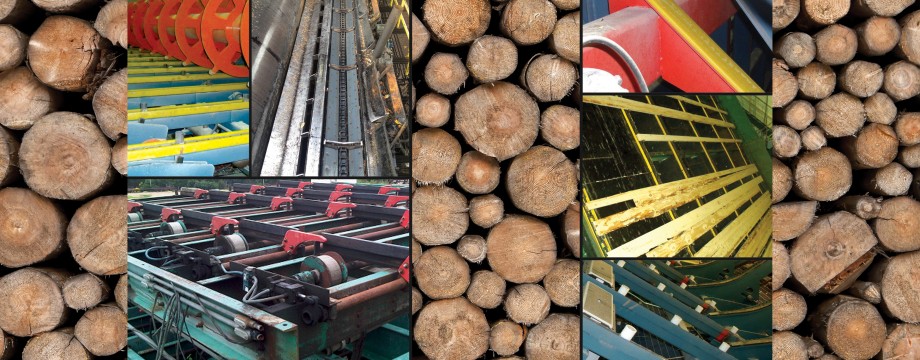Contamination is an issue in many industries. But with how quick information travels with social media and mass media these days even a small contamination issue can lead to a disproportionate amount of bad PR. In the case of pulp mills a single incident of contamination could be a disaster resulting in entire shipments of product having to be discarded with a huge financial cost. Simple fact is you cannot have contamination in pulp and you need to use materials in your production and maintenance processes that will cause contamination issues.
Some pulp and paper mills still use plastics which are not pulp-safe. The reason being that pulp-safe options are either not known to the customer, or financial considerations influence the choice to go with materials that are not pulp-safe. Pulp-safe plastic may be more expensive than more readily available alternatives; however, a single contamination incident will erase any savings you would have earned going with the cheaper material.
There are two main types of pulp-safe plastic available.
Redco Synsteel: This is a pulp-safe UHMW with a specific gravity > 2. Synsteel will trigger metal detectors, is magnetic, has a melting point > 180 degrees, and twice the compressive strength of natural UHMW. Synsteel comes in 4′ x 10′ sheets from 3/8″-2″ thick. For more information visit the Synsteel webpage here.
SPS-2000: This polyurethane product is available in a 75D hardness and is kraftmill safe. SPS-2000 dissolves completely in the cooking process and leaves no chance of contamination. It has the additional benefit of having the lowest coeffecient of friction among Redco Polyurethanes. Visit the SPS-2000 webpage here.

